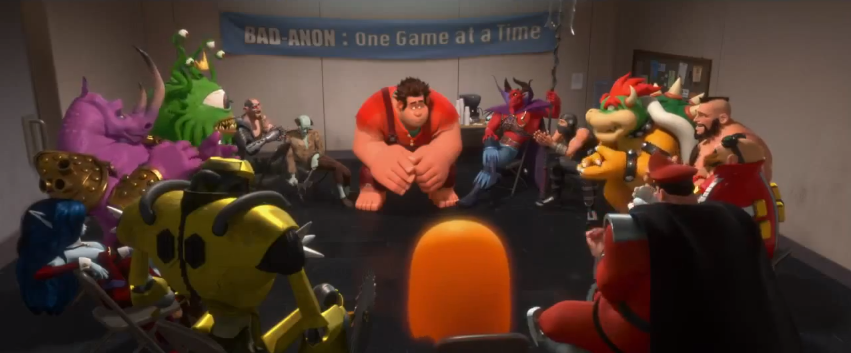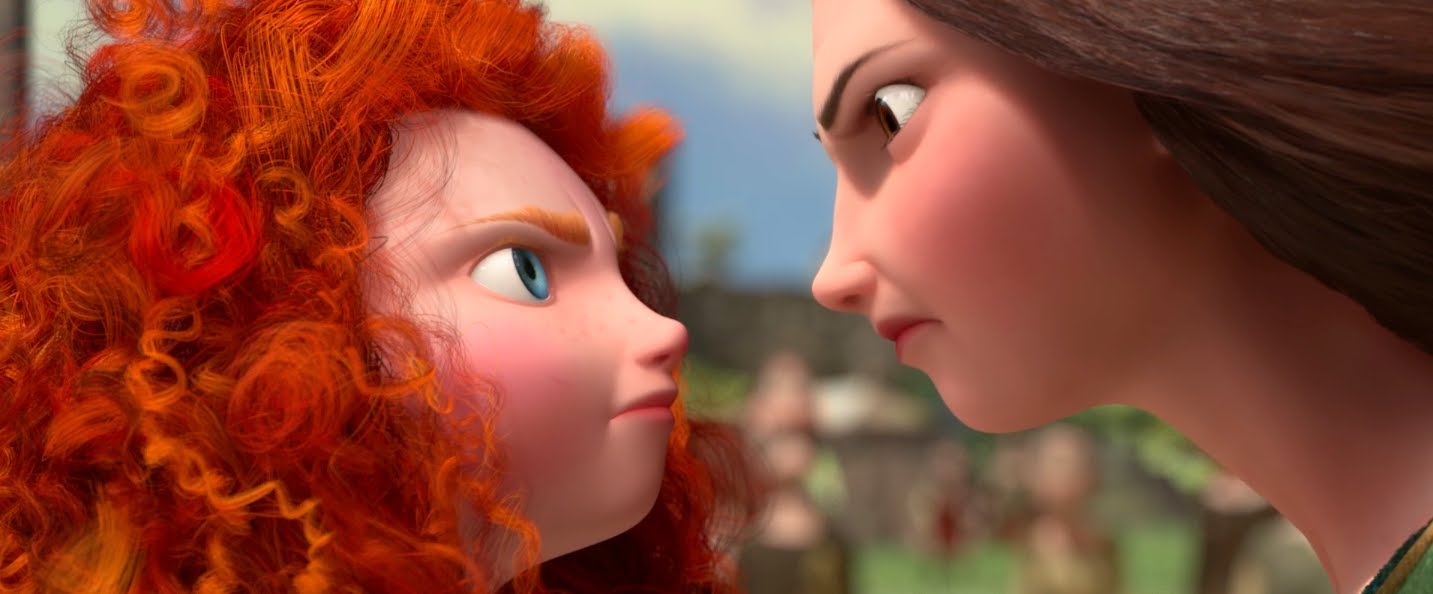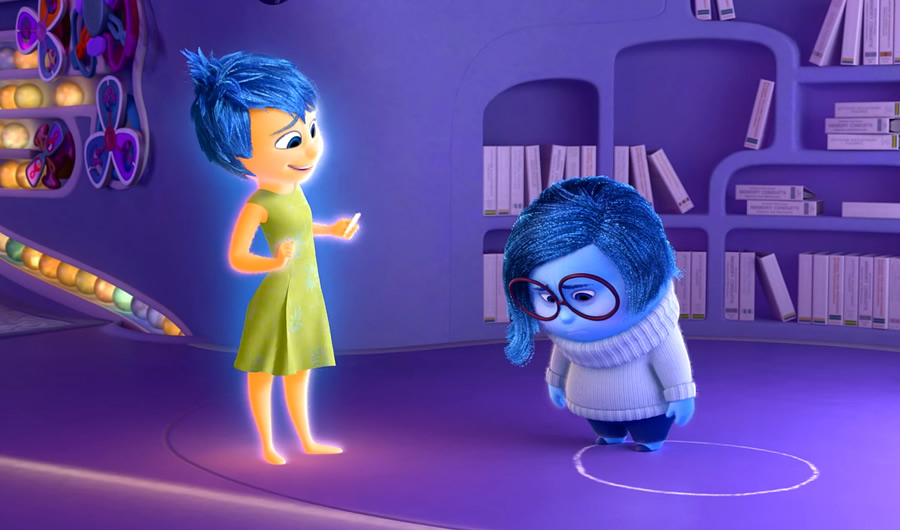American culture’s changing socio-political climate has changed radically over the past one hundred years. These changes have also shaped the way that filmmakers craft their work, whether they encourage the current culture’s trends or challenge them. A film like Zero Dark Thirty (Bigelow, 2012) re-enacts, in gruesome detail, the hunt for Osama Bin Laden in 2011, practically making it a reactionary tale of the events. However, a film does not need to have overt references to real-life events for it to be rooted in a particular time and place in history. It is very clear that Mean Girls (Waters, 2004), from the fashion to the pop culture references and even the technology (or lack thereof), is a product of the mid-2000’s culture. Films such as these preserve culture, like a time capsule of sorts, and show either what filmmakers or audiences at the time valued about their culture. The same holds very true for animated films, and, in addition, it shows what filmmakers at the time wanted to communicate to children, the primary audience for most animated films. Animated films in the 2010’s, by analyzing their culture and content, portray the decade as an era of mass connection, individuality, and emotional vulnerability.
Works Cited:
Beck, Julie. “How to Get Better at Expressing Emotions.” The Atlantic, 18 Nov. 2015. https://www.theatlantic.com/health/archive/2015/11/how-to-get-better-at-expressing-emotions/416493/
McLuhan, Marshall. The Medium is the Massage. Ginko Press Inc., 1967.





 RSS Feed
RSS Feed
